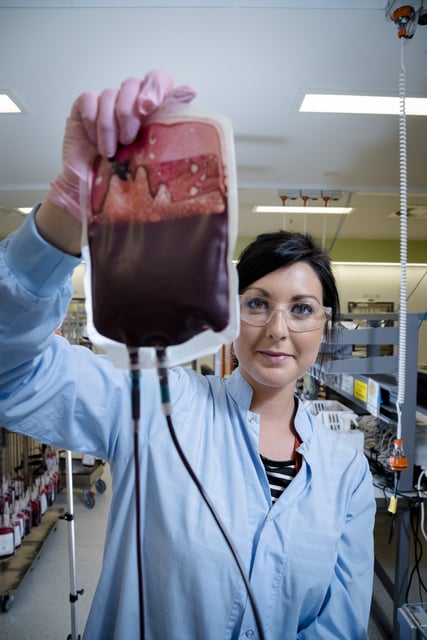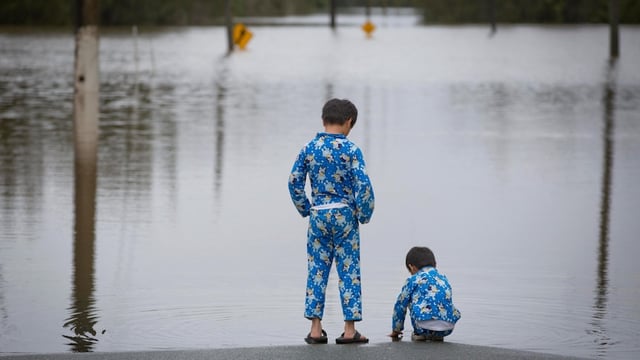Overview
- A study published in The Lancet Planetary Health is the first to globally analyze how climate change impacts every stage of the blood supply chain, from collection to distribution.
- Ex-Tropical Cyclone Alfred in March 2025 disrupted blood supplies in Australia, closing 22 donor centers and canceling over 3,500 appointments, prompting emergency measures to avoid shortages.
- Researchers warn that rising temperatures and increased rainfall could expand mosquito-borne diseases like dengue and malaria, posing risks to blood safety and donor availability.
- Climate-sensitive health conditions, such as trauma from extreme weather and cardiovascular diseases, are expected to increase demand for blood transfusions in the coming years.
- Adaptive strategies, including mobile donor units, drone transport, and early-warning systems, are being explored to build resilience and safeguard blood supplies globally.


